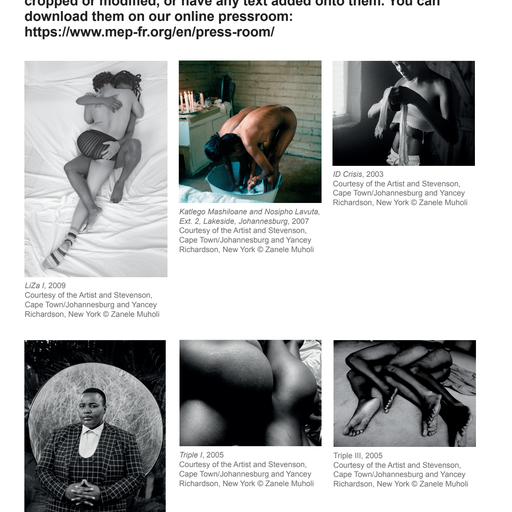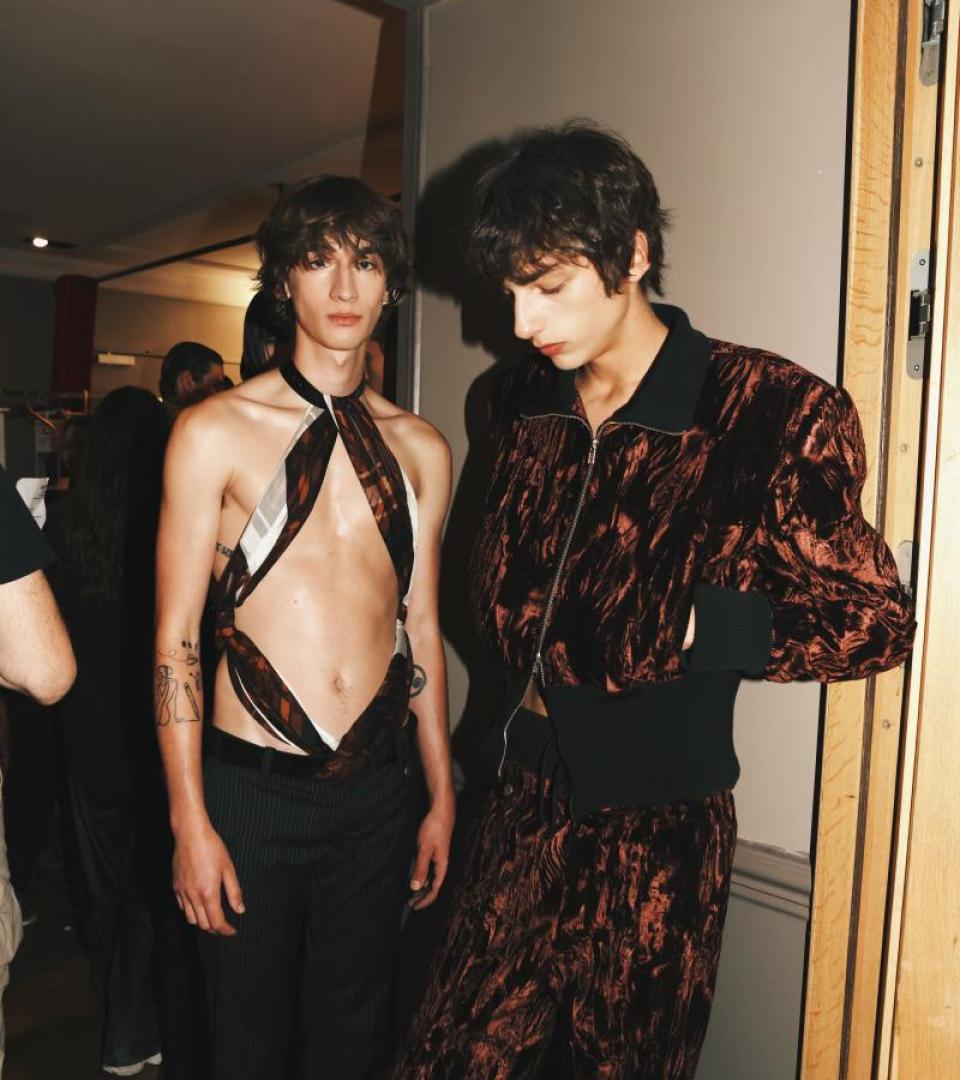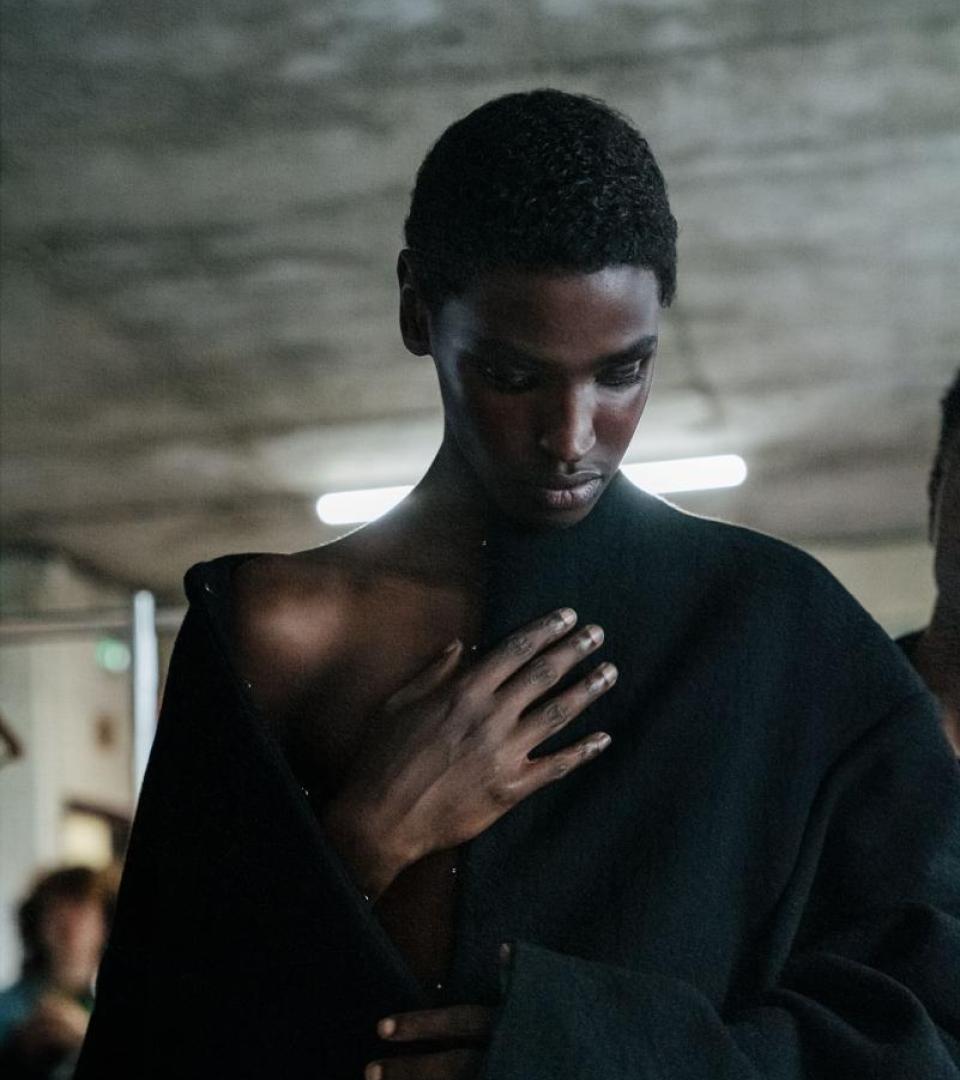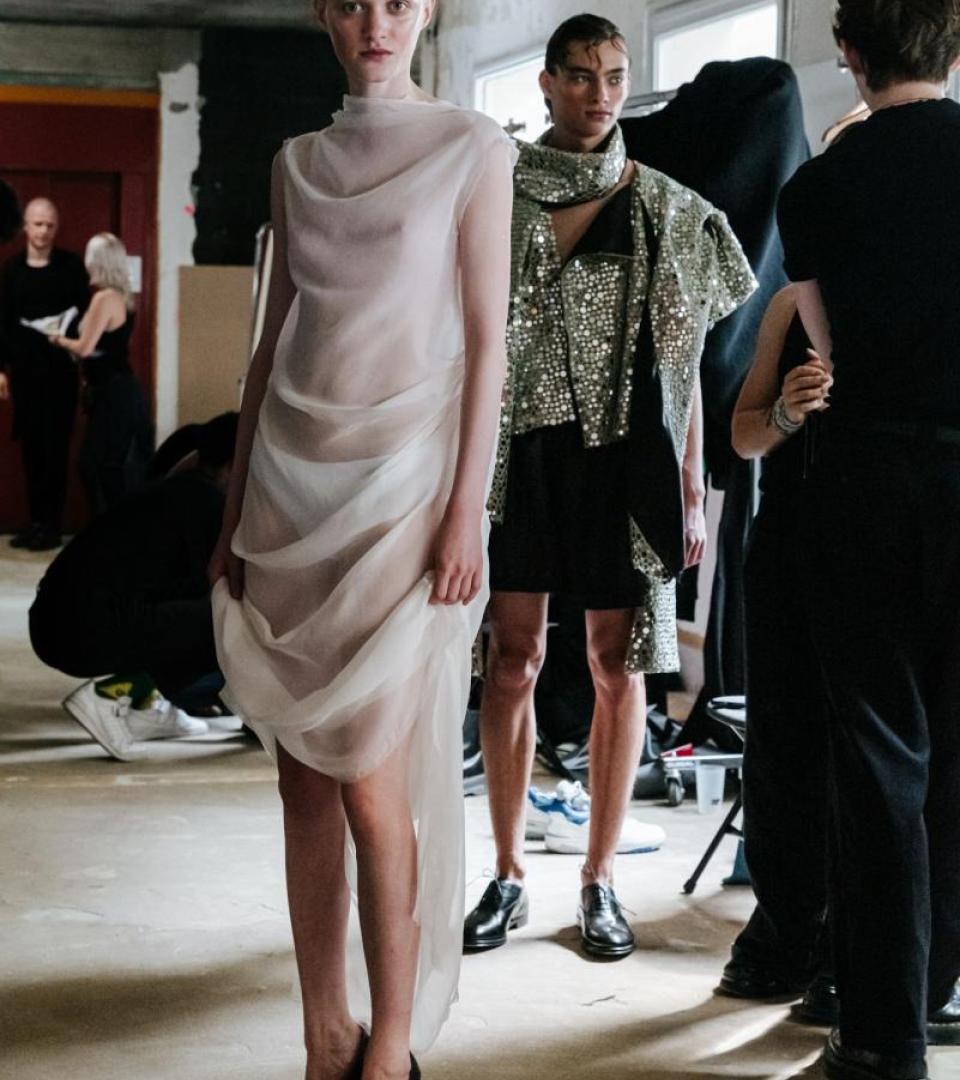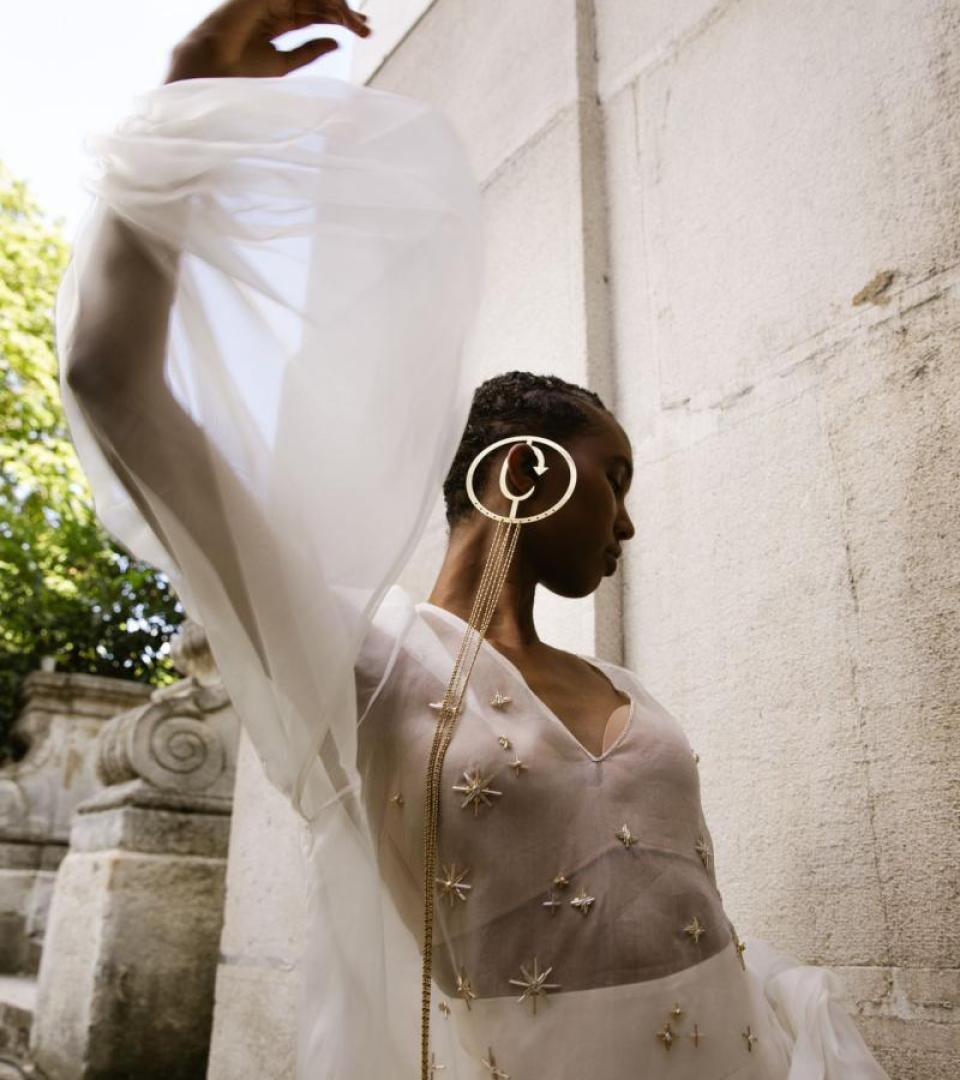Zanele Muholi on Image and Identity
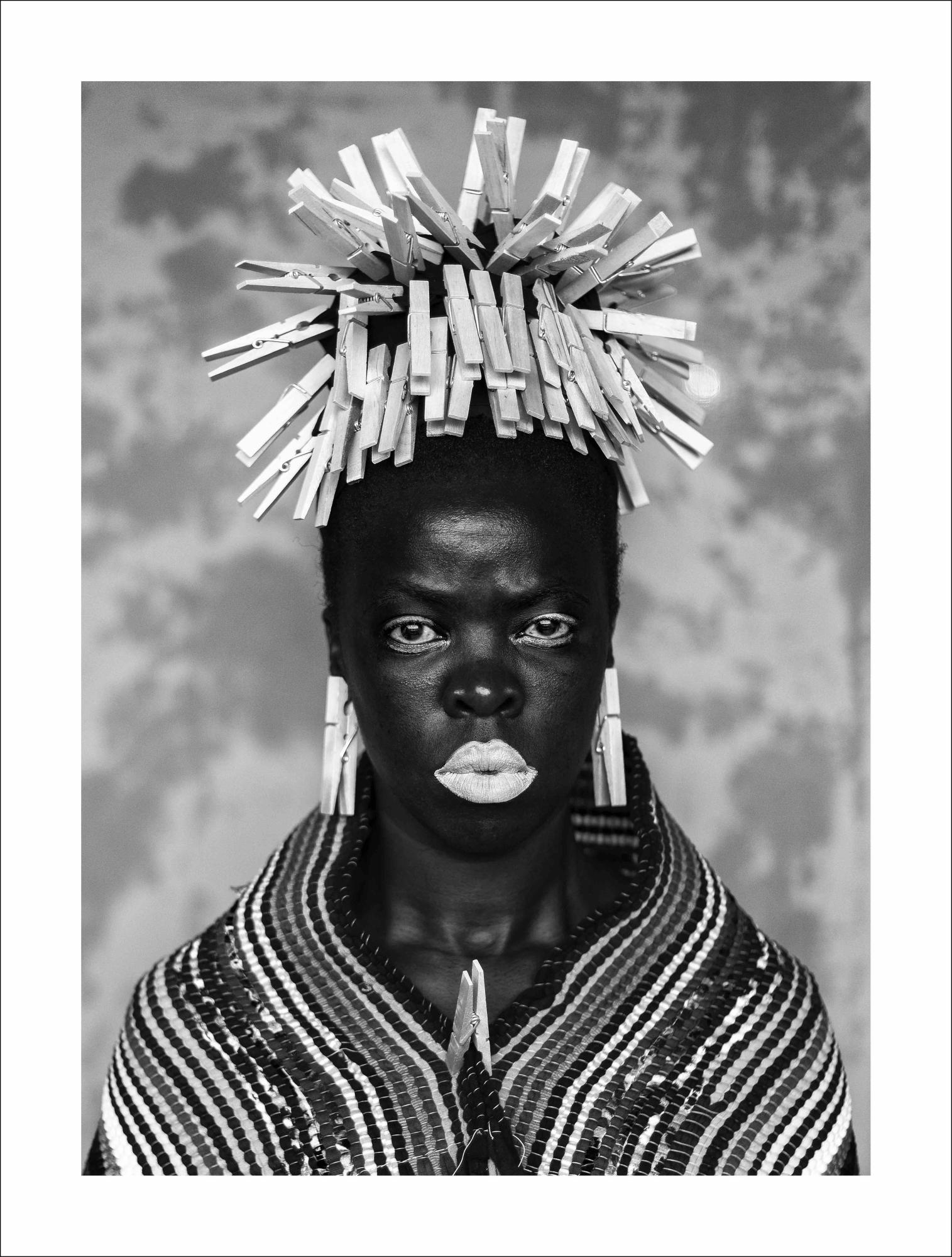
While the work of Zanele Muholi has gained increasing exposure at Paris art fairs and institutions over the past few years, the exhibition at the MEP (Maison Européenne de la la Photographie) is their first retrospective in France. The South African photographer’s daring and remarkable career as a “visual activist” is on full display, with various themes – their provocative self-portraits to the ongoing series that underscores individuality and identity within the Black LGBTQIA+ community. Co-curator Laurie Hurwitz explains how clothing – or even the absence of it – remains a recurring element in Muholi’s work, not just as a means for self-expression but also as a coded device for blending in or standing out.
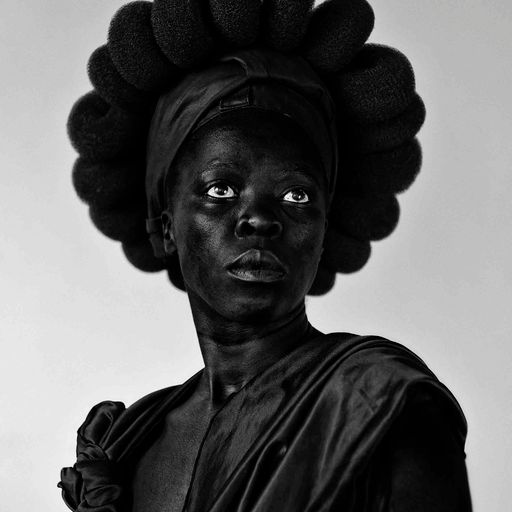
How do you think Zanele Muholi’s notion of ‘participants’ versus ‘subjects’ comes through across their immense portrait series, “Faces and Phases”?
The series is a living archive to give visibility to a marginalised community, that of Black LGBTQIA+ South Africans, who risk their lives every day in the face of oppression and discrimination. It is simultaneously a collective portrait of the community and a celebration of the individuals in it.
The image-making process is itself participatory, in that the portraits’ location, pose and clothes are chosen together, which enables them to express their individuality through the choice of clothes and accessories. Muholi’s protocol – shooting in black and white, in natural light, similarly posed, at the same distance – further emphasises their individuality via the play of patterns, striped and checkered shirts, bow ties, upturned collars, hip-hop streetwear... The series, which began in 2006, has since grown to more than 500, and many images picture the same individuals as they age, transition, develop new styles, reinvent themselves; their clothes document the process of identity fabrication over time. The notion of “participants” is also palpable in the power of their gaze, which challenges the viewer and gives them agency.
Clothes and self-presentation come across strongly throughout their work but it is unclear how much they want us to focus on this. What are your thoughts?
Muholi believes that style is a form of expression and individuality, a way for the people they photograph to feel comfortable, to feel beautiful, to make a statement, “to claim themselves.” In the series “Faces and Phases,” where, again, those who are photographed choose their own clothes and how they will be pictured, Muholi tells the participants, “Just be. Be the person you want to be. Shine if you can. Let the world see you without tears.” Muholi’s photographs are a form of visual activism, encouraging us to address our misconceptions, creating a new lexicon of positive imagery for under- and misrepresented communities.
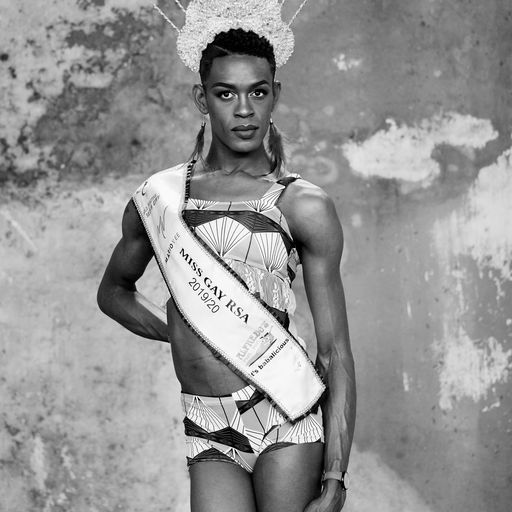
Similarly, there is such a range of representation through clothing that underscores identity throughout the Black LGBTQIA+ community. Do you think fashion/style is ever framed more politically in their work?
Muholi’s images celebrate radical, queer, Black beauty, and fashion and style play a role in the way the work challenges the oppressive beauty standards that often ignore their community. The work documents the realities of people who are often excluded as part of the canon, offering up a counternarrative to conventional depictions of Black bodies which, as Muholi explains, often distort them, demonize them or portray them as victims.
Muholi also photographs herself nude, without any clothing. What do you think is the strongest messaging in these portraits?
Muholi digitally enhances their self-portraits by exaggerating the darkness of their skin and heightening the contrast to assert its beauty – “I’m reclaiming my Blackness” – which is particularly striking and powerful in the nude photographs.
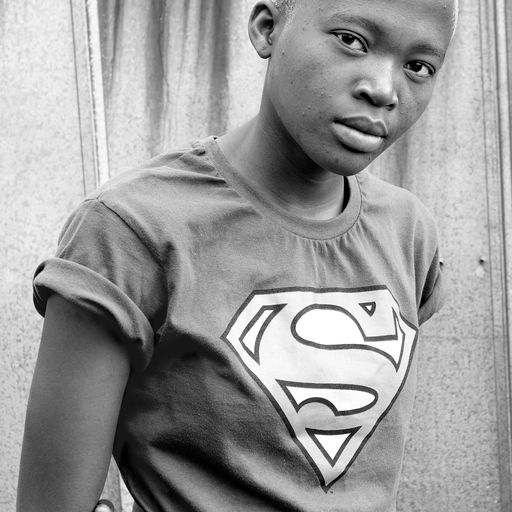
This interview has been lightly edited for clarity.
Zanele Muholi runs until May 21st, 2023 at the MEP in Paris.
